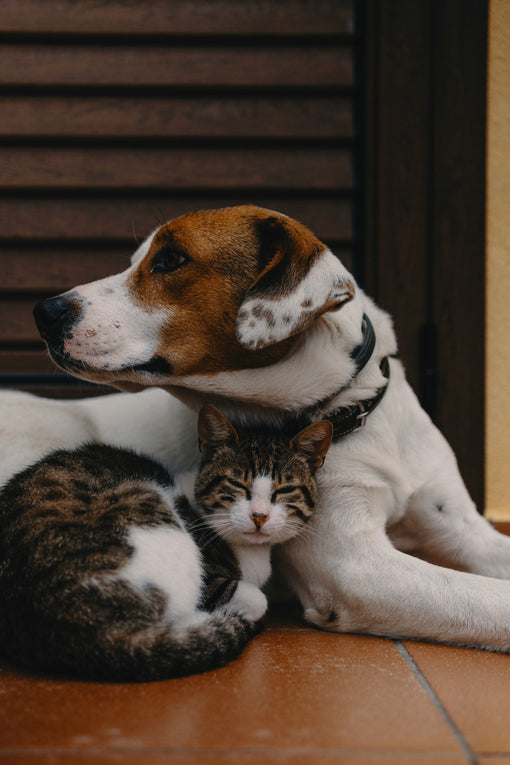
If you’ve ever wondered why high-protein cat food is so widely recommended, the answer is simple: cats are obligate carnivores. That means their bodies are biologically built to survive and thrive on animal protein—not plant-based alternatives. Here's why a protein-rich diet is essential to your cat’s health at every life stage.
1. Protein Powers Vital Body Functions
Protein does much more than support muscle development. It's the foundation for many of your cat’s most important biological functions, including:
-
Muscle maintenance and tissue repair
-
Enzyme and hormone production
-
A strong and responsive immune system
Unlike fat, cats can’t store protein. They need a consistent daily intake to stay healthy and energized.
2. Cats Require Animal-Based Amino Acids
Cats depend on certain amino acids found only in animal protein. These include:
-
Taurine, which supports heart health, vision, and reproductive function
-
Arginine, which helps the body eliminate ammonia and other toxins
-
Methionine, which aids in skin, coat, and metabolic health
Plant-based proteins cannot provide the full spectrum of amino acids cats need to stay healthy. Animal-based protein is essential—not optional.
3. Protein Is a Cat’s Primary Energy Source
Unlike dogs or humans, cats rely on protein—not carbohydrates—as their primary source of energy. Even at rest, a cat’s metabolism breaks down protein to fuel vital systems. This is why low-protein or plant-based cat foods may be harmful over time.
4. Some Cats Need Even More Protein
Certain cats require additional protein support, including:
-
Kittens, who are growing rapidly and need extra nutrition
-
Senior cats, who need help maintaining muscle mass
-
Active or outdoor cats, who burn more energy throughout the day
If your cat fits into any of these categories, consult your veterinarian about switching to a high-protein, life-stage-specific diet.
5. Signs Your Cat May Not Be Getting Enough Protein
A lack of protein can result in serious health issues. Watch for the following symptoms:
-
Noticeable weight or muscle loss
-
Low energy and sluggish behavior
-
A dull, flaky coat or dry skin
-
Increased illness or weakened immune function
If any of these signs appear, it’s worth reviewing the protein content in your cat’s food and consulting your vet.
Choosing the Right High-Protein Cat Food
For optimal nutrition, choose a cat food that lists a named animal protein—such as chicken, turkey, salmon, or duck—as the first ingredient. Avoid vague terms like “meat meal” or “by-products” when possible. Look for formulas that are biologically appropriate and made with high-quality, natural ingredients.
Shop High-Protein Cat Food in Toronto
At Critter & Co. Pet Outpost in Toronto, we offer a curated selection of premium high-protein cat foods, including several Canadian-made brands. Whether you’re feeding a playful kitten or a wise senior, we have the right formula for every life stage.
Visit us in-store or shop online to explore our selection of natural, protein-rich cat food and give your feline the fuel they need to thrive.



